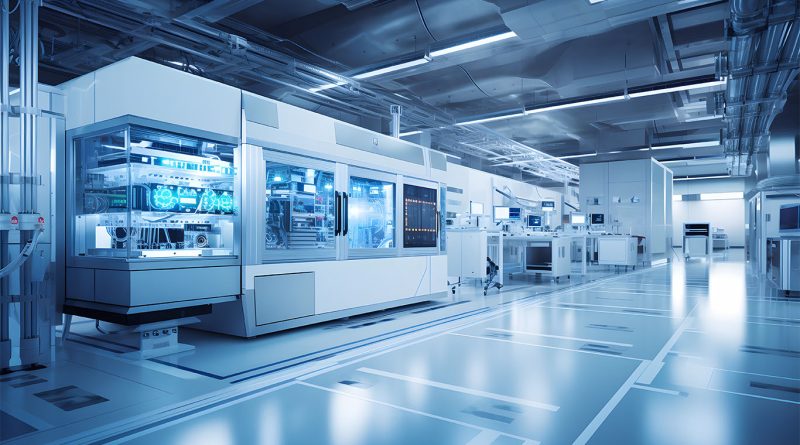10 Trends Shaping the Future of Modern Manufacturing
In today’s rapidly evolving industrial landscape, modern manufacturing stands at the forefront of innovation and efficiency. This sector, a critical pillar of the global economy, is undergoing a significant transformation, driven by technological advancements and changing market demands. From the integration of cutting-edge technologies like AI and IoT to the increasing focus on sustainability and customization, the manufacturing world is not just changing; it’s being revolutionized. In this article, we’ll explore the top 10 trends and developments that are shaping the future of manufacturing, offering insights into how these changes are making an impact on businesses, economies, and the workforce.
1. Emerging Technologies Revolutionizing Manufacturing
The landscape of modern manufacturing is being radically transformed by technologies like Artificial Intelligence (AI), the Internet of Things (IoT), and robotics. AI is being leveraged to optimize supply chain logistics and predict market trends, while IoT devices provide real-time monitoring and maintenance alerts. Robotics, on the other hand, are being increasingly used to automate repetitive tasks, leading to higher efficiency and lower costs.
2. Sustainability in Manufacturing
There’s a growing emphasis on sustainable manufacturing practices. This includes the use of renewable energy sources, reduction in waste, and recycling initiatives. Many companies are also exploring the use of sustainable materials in their production processes, highlighting the industry’s commitment to environmental responsibility.
3. The Rise of Smart Factories
Smart factories represent a significant leap in manufacturing capabilities. They use data analytics and machine learning to predict maintenance needs, optimize production lines, and streamline operations. This leads to increased efficiency, reduced downtime, and a more agile response to market changes.
4. Customization and Personalization Trends
Modern manufacturing is increasingly moving towards mass customization. Advanced technologies like 3D printing are enabling manufacturers to offer personalized products at a scale, meeting the growing consumer demand for bespoke and tailor-made products.
5. Supply Chain Innovation
The manufacturing industry is experiencing a transformation in supply chain management. Emphasis is now on creating more agile, transparent, and resilient supply chains, capable of withstanding various disruptions. This includes diversifying suppliers and leveraging digital tools for better supply chain visibility.
6. Workforce Evolution and Skill Development
The evolving nature of manufacturing is also reflected in its workforce. There’s a growing need for skills in digital literacy, data analysis, and technical expertise. Manufacturers are investing in upskilling their workforce to meet these new challenges.
7. Quality Control Through Advanced Technologies
Quality control in manufacturing is being revolutionized through the use of AI and machine learning. These technologies provide predictive maintenance, detect production anomalies, and ensure consistent product quality, thereby reducing waste and improving reliability.
8. Global Manufacturing Trends and Challenges
The global manufacturing landscape is influenced by factors like geopolitics, trade policies, and economic shifts. Manufacturers need to stay agile and informed to navigate these complexities successfully.
9. Collaboration and Partnerships in Manufacturing
Collaboration is key in modern manufacturing. Partnerships between manufacturers, technology providers, and educational institutions are fostering innovation, driving growth, and ensuring a skilled workforce for the future.
10. Future Outlook and Predictions for Manufacturing
Looking ahead, the manufacturing sector is poised for further transformation. Emerging trends suggest a greater integration of AI, continued focus on sustainability, and more personalized consumer experiences. The industry is set to evolve continuously, adapting to new technologies and market demands.
The future of modern manufacturing is marked by unprecedented technological advancements, a steadfast commitment to sustainability, and an unwavering focus on customization and agility. As the industry continues to evolve, embracing these trends will be key for manufacturers to remain competitive and thrive in a rapidly changing landscape.
